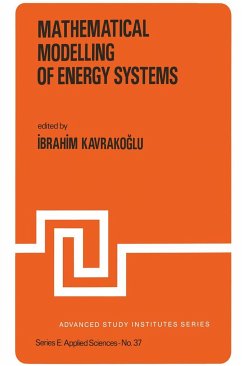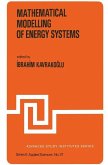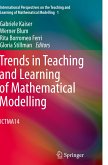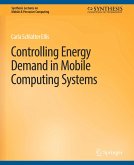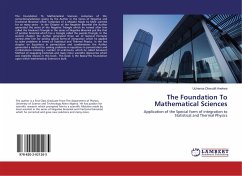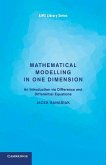Prior to the so-called "energy crisis" of 1973, energy played a relatively minor role in our daily lives.and received limited attention from economists, planners and politicians. As a means of production its share in the total cost of the average product was considerably less than 10%. After the decisive events of 1973/74 however, all of this is changed. Energy now affects our daily lives more than anything else; it is the most current issue in business circles, the academia, the civil services and politics; and it is likely to become the most important factor in a potential international instability. The jump in oil prices in 1973 did not just lead to global inflation. but it also made the world a much more complicated environment to live in. Most decisions now require the analysis of yet another dimension; the alternatives have increased in number; the penalty for errors has gone up, and the like. In contrast to the interwoven, complicated, and mostly incompre hensible reality,progress is being made in the realm of mathe matical modelling that is comprehensible and has the advantage that it can be designed~o the degree of complication desired. Viewed in this way, it can be said that the aim of the Advanced Study Institute held in Istanbul in June 1979 was to try to bridge the gap between the real system and its model.
Hinweis: Dieser Artikel kann nur an eine deutsche Lieferadresse ausgeliefert werden.
Hinweis: Dieser Artikel kann nur an eine deutsche Lieferadresse ausgeliefert werden.

